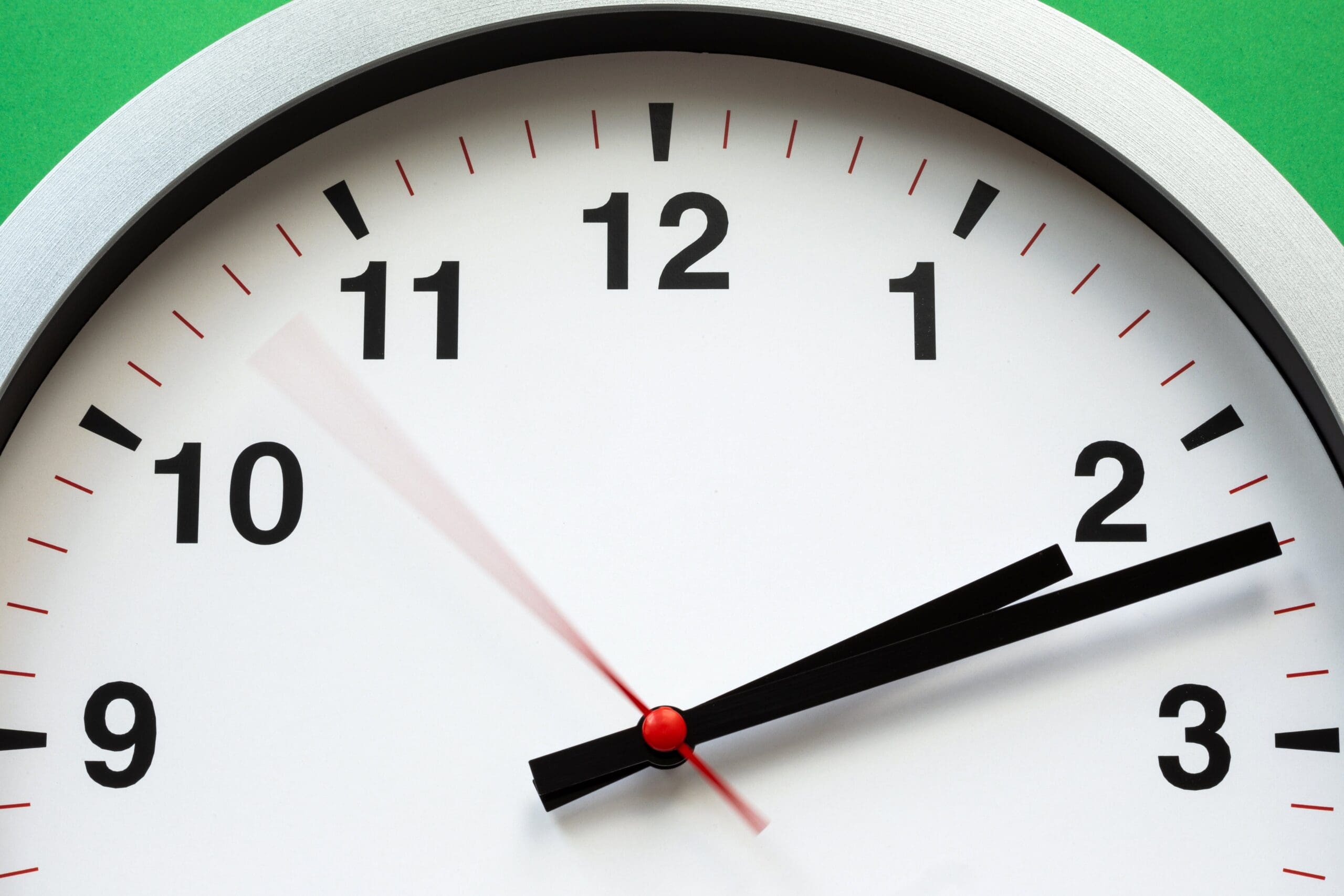I am looking for a legal expert in
in


In a decision of 30 August 2023 (Cass. com., 30 August 2023, no. 22-14.094), published in the Bulletin, the Cour de cassation clarifies the starting point for the limitation period for actions for damages caused by an abuse of a dominant position on the basis of article 2224 of the Civil Code.
In 2022, the Autorité de la concurrence imposed a total of €467.9 million in fines on companies that engaged in anti-competitive practices. However, when companies damage the market, their risk is not limited to these fines: they are also exposed to the risk that other economic players (customers, competitors, etc.), believing they have been harmed by the practices, may seek compensation for the damage suffered.
The victim of an anti-competitive practice can therefore sue the perpetrator of the practice for damages… provided that the action is not time-barred.
The stakes are all the higher because anti-competitive practices are often hidden and long-standing, but can still have major and lasting consequences for other operators in the market.
Article L. 482-1 of the French Commercial Code precisely specifies the applicable limitation period: it only begins to run once the victim has known, cumulatively, (i) the facts and their classification as an anti-competitive practice, (ii) the existence of the damage, and (iii) the identity of one of the perpetrators of the practice. However, this article stems from the transposition of the so-called “Damages” Directive of 26 November 2014[1], which harmonised at European level the regime for actions for damages as a result of anti-competitive practices, making it easier for victims to take action against the perpetrators.
For all situations to which the provisions of the Damages Directive relating to limitation periods are not applicable, article 2224 of the Civil Code applies. In any event, the application of the Damages Directive to offences committed prior to its entry into force requires, according to European case law, a prior analysis of the applicable limitation period in accordance with the traditional rules not arising from the Damages Directive[2].
According to the Civil Code, the limitation period begins to run from “the day on which the holder of a right knew or should have known of the facts enabling him to exercise it”.
But how is this date to be determined when the victim is aware of the investigation?
This was the question submitted to the Court of Cassation.
In this case, the Autorité de la concurrence (French competition authority) sanctioned several companies in the Sanofi group for abuse of a dominant position as a result of practices to denigrate generic medicines in a decision dated 14 May 2013, which became final on 18 October 2016. However, the practices complained of had already been known since a decision of 17 May 2010 by the French Competition Authority rejecting the request for interim measures. More specifically, between 2010 and 2011, the CNAM[3], at the request of the Competition Authority, had gathered a large amount of information relating to the commercial discourse that was subsequently described as disparaging.
Consequently, when the CNAM brought an action for damages against Sanofi in September 2017, Sanofi argued that the 5-year limitation period had expired. In its view, CNAM had sufficient information to have been aware, by 2011 at the latest, of the facts that would have enabled it to bring an action.
However, the Court of Appeal rejected this argument and held that the limitation period only began to run on the day of the Authority’s decision, i.e. 14 May 2013.
After a detailed review of the facts, the Court of Cassation agreed with the Court of Appeal, ruling that “only the Authority’s decision had given CNAM knowledge of the facts and their scope, enabling it to bring an action for damages”. CNAM’s data was not in itself sufficient to classify the conduct as anti-competitive, but had to be compared with other information held by the Autorité and obtained by the latter through its investigative powers, which CNAM did not have. The CNAM could not therefore have “sufficiently certain knowledge of the unlawful nature” of the practices, so that the statute of limitations had not begun to run.
This decision is in line with European law. As the texts[4] and European case law[5] unambiguously state, the fact that the victims of anti-competitive practices can seek compensation from their perpetrators helps to dissuade the latter from resorting to such practices. Consequently, actions for damages contribute to the effectiveness of competition rules, and their development should not be curbed.
At first sight, therefore, this decision is part of a wider trend in case law aimed at limiting the obstacles to private enforcement: by facilitating access to evidence[6], by broadly applying the “Damages” Directive[7], and now by interpreting the ordinary law limitation period in a way that is close to that established by Article L. 482-1 of the French Commercial Code, even where the latter is not applicable.
Despite its publication, the significance of this ruling should not be exaggerated. In fact, the Cour de cassation largely goes back over the facts of the case as found by the Cour d’appel, and does not come up with a general solution making the starting point of the statute of limitations conditional on the decision of the Autorité. On the contrary, it states that the Court of Appeal did not “make the starting point of the limitation period dependent on the certainty of the unlawful nature of Sanofi’s conduct”.